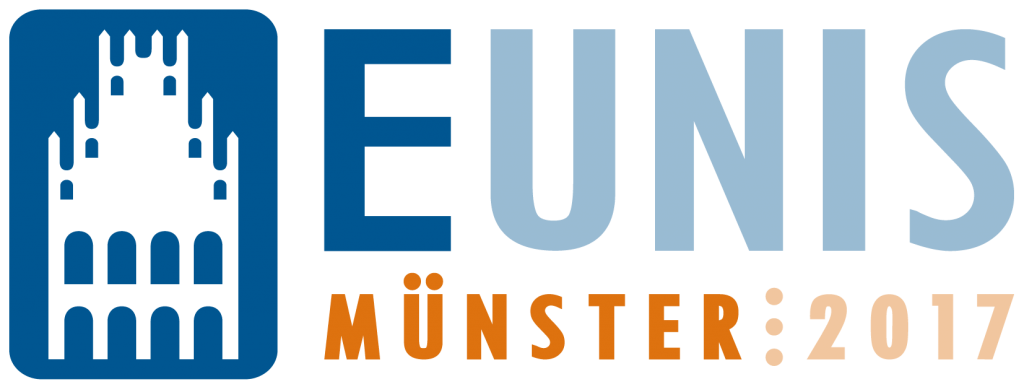Session Chair: G. Ferrell
What is “Flexible and Personalized Education” Anyway?
(Christien Bok)
An analysis of strategic plans of 40 institutions of higher education in the Netherlands shows an overlap in ambition: a search for more flexible and personalized education. But what does that look like, costumized education? And how would or should that prepare students for a career in a rapidly changing world? SURF, the collaborative ICT organisation for Dutch education and research, spoke to a large group of innovators that try to translate concepts of flexible and personalized education to classroom practices. We spoke to people who are changing the way they offer their courses, and explore, in the classroom, what works and what does not. We also spoke with visionaries who think about what we need to change to prepare students for the future. We asked them what they see as flexible and personalized education, why it is needed, what we have to change and offer to enable it, what organisational bounderies we encounter, what already is happening, and what their vision of the future is. We had them meet up and share their visions and inspire each other. We included international publications about the subject in the discussion. We looked where vision and practice seemed to connect and where it collided. During EADTU Christien Bok, program manager of SURF Technology Enhanced Education, will present the current state of flexible and personalized education in Dutch higher education, and how ICT can contribute to shape. View Paper
Introducing the Learning Scorecard: A Tool to Improve the Student Learning Experience
(Elsa Cardoso)
Improving the student learning experience is an essential aspect of teaching. This paper presents the Learning Scorecard (LS), a tool designed to monitor and manage the learning experience of students in a course. The LS has a student view and a faculty (or course coordinator) view. The student view essentially focuses on time management and uses gamification to engage students with the course’s activities. In the faculty view, data is aggregated from the student’s view, enabling the course coordinator to monitor the average progress of students in the different classes of the course he/she is lecturing. The Learning Scorecard has been developed using Business Intelligence and performance management techniques. It includes a Balanced Scorecard and dashboards for the visualization and monitoring of the student learning experience. In this paper the design of the LS will be presented as well as some initial results with an ongoing experiment in a course lectured in different Higher Education programs within the same university. View Paper
How to Create a Digital Learning Environment Consisting of Various Components and Acting as a Whole?
(Marieke de Wit)
Nominated for Best Paper Award
Many institutions strive to provide education that matches the learning needs of each individual student. This places high demands on the digital learning environment (DLE) of an institution. One system that meets all the needs and requirements of every student and lecturer, does not exist, which is why a modular approach seems the obvious choice. In 2016, SURFnet translated this modular approach into a functional model for the DLE. This resulted in thirteen components for the DLE, that support several educational processes. Splitting the DLE into components is supportive for institutions in two ways: 1. It helps institutions to decide to what degree of control and management the components have to be placed in the architecture of the digital learning environment; 2. It helps institutions to determine in which way the components are connected and able to interact. These connections and interactions are defined in a functional model. In this functional model, the following standards are essential: IMS LTI for Interoperability and Integration, IMS LIS for Personalization, xAPI for Analytics, Advising, and Learning Assessment, SAML/VOOT for Collaboration and OOAPI for Accessibility and Universal Design. By doing this, SURFnet created a frame of reference for institutions, that helps them with the development of their own digital learning environment. To gain hands-on experience with a modular learning environment, we developed a “demo-DLE”, based on the functional model, which demonstrates the possibilities of a modular DLE for education. View Paper
